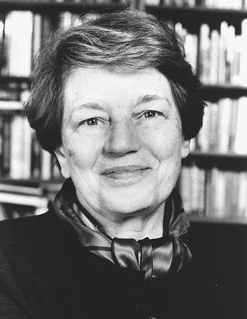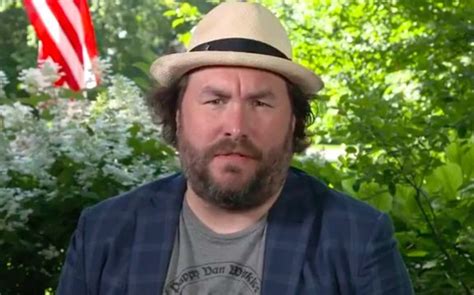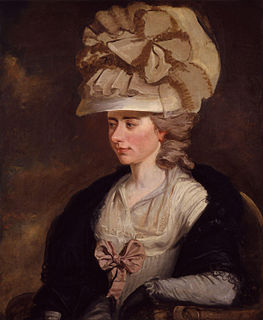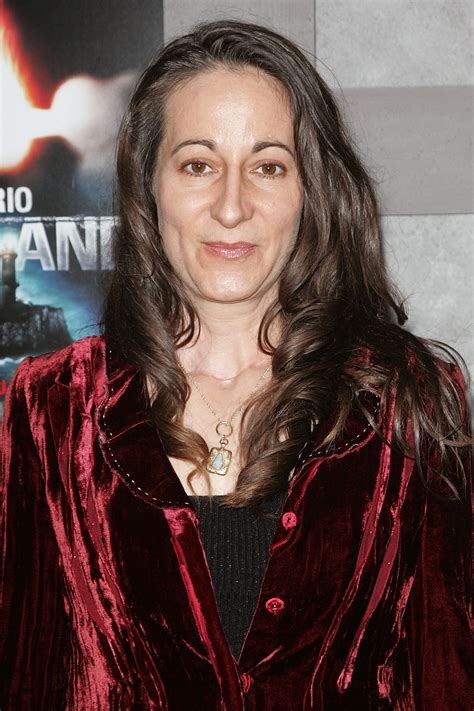A Quote by Eleanor Smeal
I mean this is not like a very dry political book. This is - it was a very quick and entertaining and interesting read because there were so many stories, at least for me, of real women and - and sort of the issues that they face, and her commitment to wanting to help them.
Related Quotes
We think that Hillary [Clinton] will be a symbol and a reality for the women of the world, and it's very important because so many - so many underdeveloped countries, not the least of which is Afghanistan, the women of the world need help, and she understands those issues and is a lightning rod for them.
There is something I keep wanting to say about reading short stories. I am doing it now, because I many never have another occasion. Stories are not chapters of novels. They should not be read one after another, as if they were meant to follow along. Read one. Shut the book. Read something else. Come back later. Stories can wait.
The Grimm brothers always said that their informants were women, which is possibly not true, women of the people. There is the constant evocation of women's voices, in the collecting and arrangement of these stories, and yet the message of so many of them is incredibly misogynist. I was very puzzled by that, and that book explores that contradiction.
There were others, women with stories that were told in a quieter voice: women who hid Jewish children in their homes, putting themselves directly in harm's way to save others. Too many of them paid a terrible, unimaginable price for their heroism. And like so many women in wartime, they were largely forgotten after the war's end.There were no parades for them, very few medals, and almost no mention in the history books.
What I wanted to do was put a woman of color, front and center, in my movie combining a lot of themes that were relevant to both men and women. I actively wanted her to carry the weight of this movie because I'm a woman. And I actively wanted to explore many of the issues that affected her as a woman of color. That was very important to me. And although these issues affect some women of color, I don't think they're only of interest to women of color. They're of universal interest.
There was very little about her face and figure that was in any way remarkable, but it was the sort of face which, when animated by conversation or laughter, is completely transformed. She had a lovely disposition, a quick mind and a fondness for the comical. She was always very ready to smile and, since a smile is the most becoming ornament that any lady can wear, she had been known upon occasion to outshine women who were acknowledged beauties in three countries.
I mean, in many ways, you know, I felt very connected to Ian (Dury) on, on a lot of levels. I mean, politically, & sort of, socially, our, kind of, social backgrounds are quite similar in many ways, as well as our kind of artistic endeavors. So there were many, many things that sort of chimed in for me, and kind of made me feel very instinctive about playing him, and, and although, there was sort of a certain amount of impression involved, actually, there's a lot of myself in the role.
Three Days of the Condor is still an interesting film to watch not because it's political. It happens to be political. But that's not why the sales of the DVDs are as high as they are. It's because it's an entertaining thriller. In my opinion, Tootsie is a very political movie but truck drivers can go and laugh at it.
At the beginning of my career, a more senior photographer told me to shoot stories on women and I didn't want to. But I spent two and a half years in India and chose to do stories about women because I was shocked by their treatment. My stories in the Middle East and on the border of Europe and Asia were a response to my time in India. They weren't driven by a feminist idea but when you're moved by women's issues in these countries you can't help becoming a feminist somehow.
I have this very moment finished reading a novel called The Vicar of Wakefield [by Oliver Goldsmith].... It appears to me, to be impossible any person could read this book through with a dry eye and yet, I don't much like it.... There is but very little story, the plot is thin, the incidents very rare, the sentiments uncommon, the vicar is contented, humble, pious, virtuous--but upon the whole the book has not at all satisfied my expectations.





































